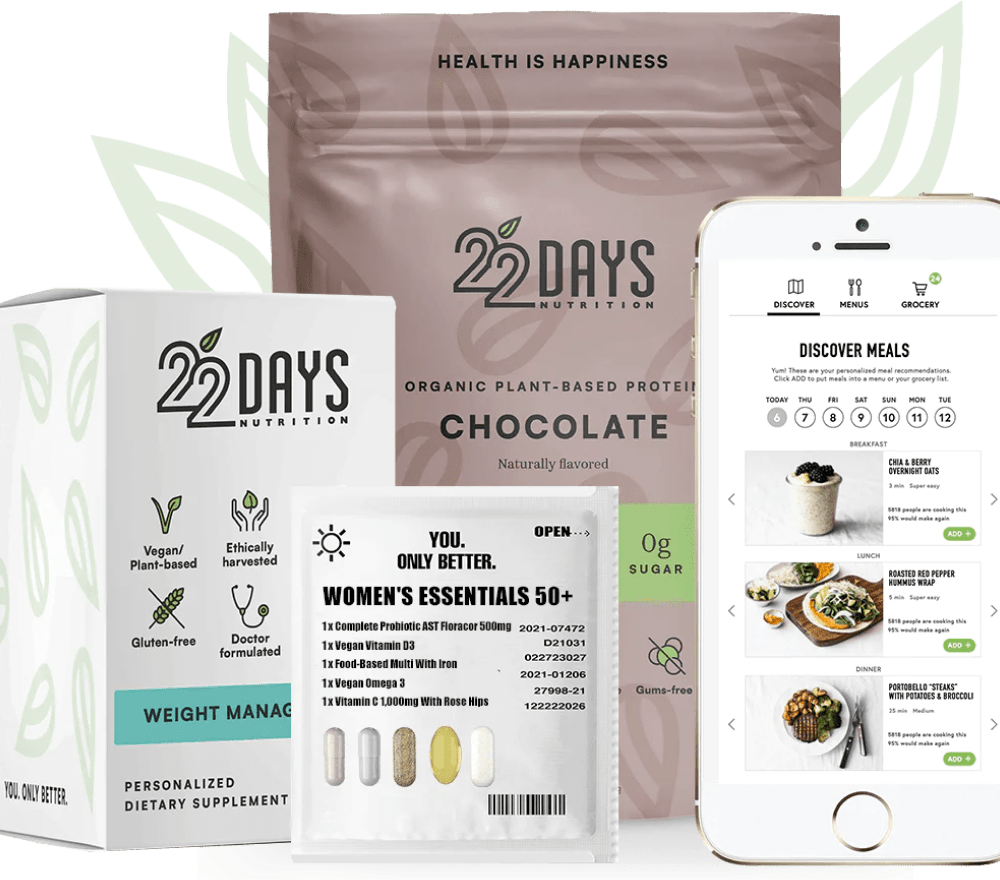Intermittent Fasting: Your Tool To A Healthier Life
The following is a guest post from Dr. Amy Shah.
You might hear the word “fasting” and cringe, I know I did when I first heard about it.
But Intermittent Fasting (IF) is Different.
Intermittent fasting is a shorter fast (typically 12-16 hours). For example, ending dinner at 7pm then not eating until 7am. Not that bad right? You may have inadvertently done this before!
In fact, in my opinion, this may be the easiest, most doable tool to fight inflammation, improve digestion and boost your longevity!
Our bodies benefit for periods without food. Evidence shows that foraging ancestors weren’t eating 3 meals or grazing all day, but likely had consistent periods of fasting.
Just as you need sleep to reset and revitalize, so does our digestive tract and organs. Poor digestive health spells chronic inflammation.
Ancient medicine practices such as Ayurveda supports this notion of fasting for digestive health as well.
Modern studies show that by doing IF- you can change the overall composition of your gut bacteria. You can improve blood sugar levels and reduce insulin resistance[i] Blood markers for inflammation such as glucose, IGF-1, and C reactive protein all go down during fasting.
Based on these markers and other data, IF has been shown to be anti inflammatory and can contribute to a longer life.
SO, How do you do a intermittent fast?
Intermittent Fasting (or IF) is a fasting period of 12-16 hours daily or a few days a week where nothing but water and low or no calorie beverages are consumed. Skipping breakfast is an easy way you can do it. Or having an early dinner. For example if you eat dinner at 6pm then don't eat until 6, 8 or 10 am (12-16 hours).
I always tell patients to start out slow, fasting for just 12 hours, 2 easy days a week. When that becomes easy--, you can extend the time. You may notice an increase in energy, stamina, and cognition. You should not feel weak or famished!
Intermittent Fasting can be hard on you if you are new to it or if you jump in too quickly. Women especially can suffer from adverse hormonal effects including ravaging hunger, altered menstrual cycles, and mood changes.
My unique take for my super busy patients is to do a modified Crescendo Style fasting--- a modified fast 2-3 non-consecutive days a week. My experience is that they get a lot more benefit without accidentally throwing their hormones into frenzy.
Some take away tips?
1- Start out slowly, fasting for just 12 hours 2 or 3 days a week. When you master that, add on more time.
2- Drink plenty of water
3- When you are first starting out- take it easy on the intense exercise (save it for a non IF day)
Usually a few weeks in, you will notice an increase in energy, stamina, and cognition.
At the very least, you are taking action toward overall health and longevity by making a simple tweak to your lifestyle! If you try it let me know what you think!
 Who is Amy Shah MD?
Who is Amy Shah MD?
Amy Shah, M.D. is a double board certified MD with training from Cornell, Columbia and Harvard Universities. She was named one of Mindbodygreen's Top 100 Women In Wellness to Watch in 2015 and has been a guest on many national and local media including Dr. Oz, Bulletproof radio, and the Greatist.
She helps busy people transform their health by reducing inflammation and eating more plants. As an immunologist she realizes the power of the microbiome to help digestion, natural hormone balance and food sensitivities. See more at amymdwellness.com.
[i] http://www.sciencedirect.com/science/article/pii/S193152441400200X
[ii] https://www.sciencedaily.com/releases/2015/02/150216131146.htm





